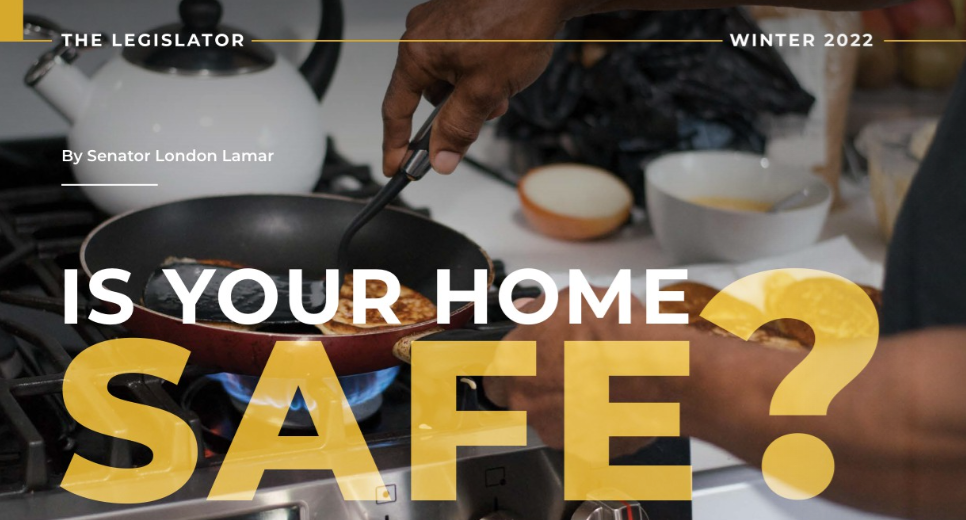With Elon Musk’s outspoken Twitter takeover and Tim Cook’s balanced pay-cut commentary—business leaders are expected to be more vocal than ever. How they navigate hot topics impacts their company stock and reputation, and determines which side of the spectacle-to-respectable scale they fall on.
Since the pandemic and the latest economic crisis, misinformation and mistrust have been widespread, and business leaders are facing increasing pressure to speak up and lead decisively. According to the 2021 Edelman Trust Barometer, 86% of respondents expect CEOs to speak out about one or more societal issues—pandemic impact, job automation, local community issues, and so on.
The public’s rising trust in respectable business leaders—and declining trust in public institutions—means that the expectations for business leaders to take charge have never been more apparent. CEOs must use their public standing to address and solve today’s challenges and facilitate broader social change. While it’s easy to give in to emotion and the persistent pressures from the outside world, leaders who take a common sense approach are the ones who will garner respect in the marketplace.
The latest controversy to dominate headlines? Believe it or not—gas stoves.
The Gas Stove Frenzy
The media has been ablaze since the January 9th announcement about potential bans on gas stoves by Richard Trumka Jr., a U.S. Consumer Product Safety commissioner. Even though the White House has clearly stated that they have no plan to ban gas stoves, the discussion over stricter regulations has become a hot-button issue, politicizing home appliances.
But, nationally, more than one-third of households (approximately 40 million) and most restaurants (around 900,000) cook with natural gas. In California, 60% of households favor the popular fossil fuel. Since many favor gas cooking due to cultural or culinary preferences—and many others are reluctant to pay for costly retrofits to switch to electric—gas stoves are here to stay.
And so is the controversy.
Our dominant political parties are making extreme statements, further confusing the topic. One business leader is stepping up to clarify the issue, offering a balanced common-sense perspective on this cooking conundrum. New Cosmos COO Ron Lazarus, an expert on natural gas safety, says:
“There are, of course, dangers tied to the unregulated use of gas-based appliances,” Lazarus said. “But with the proper regulation and precautions in place, cooking with natural gas—something we’ve been doing since the 1800s—can be done safely and responsibly. We need to address this controversy with a problem-solving mindset that enables restaurants and families to continue to use the appliances that are most suited to their needs, while also ensuring everyone’s safety. This shouldn’t be a controversy, it should be an opportunity for all of us to make sure that we are doing what we can to be safe and responsible.”
Yes, there are dangers with using natural gas appliances—gas stoves emit air pollutants such as nitrogen dioxide, carbon monoxide, and fine particulate matter, and natural gas is highly flammable. Without oversight, gas leaks can occur with dire consequences.
Time To Step It Up For Safety
Over 2,600 hazardous gas pipeline leaks in the United States caused more than $4 billion in damages and emergency services, killed 122 people, and released 26.6 billion cubic feet of fuel as methane or carbon dioxide, according to a recent report by the U.S. PIRG Education Fund, Environment America Research & Policy Center and Frontier Group. On average, a major new gas leak incident is reported to the federal government every 40 hours, with nearly one explosion occurring daily. More minor leaks can go undetected and unrepaired for years.
Natural gas leaks often come from broken gas utility pipes outside the home and migrate into basements of homes or through sewer and water pipes. These types of gas leaks may go undetected for a long time, ballooning into a more significant problem down the road as more time passes.
Fortunately, New Cosmos USA, a worldwide pioneer in natural gas alarms, is raising the bar on building safety with its DeNova Detect natural gas alarms. Denova Detect aims to protect the millions of homes, businesses, and restaurants that use gas for heating and cooking and tens of millions of other Americans who reside or work in the vicinity of natural gas stoves. In 2022, the company launched a “National Natural Gas Safety Awareness" campaign to educate residents, fire services, utilities, and legislatures about the dangers of gas explosions and how to prevent them.
“Just as we added seatbelts and airbags to vehicles for protection, we need to add the proper safety equipment for our natural gas appliances,” Lazarus said. “Our focus right now is to help companies and consumers do just that. Natural gas alarms already exist. Now, we have to use them."
The company’s commitment to safety is why Avangrid, the parent company of Rochester Gas and Electric (RG&E), is distributing 35,000 DeNova Detect natural gas detectors to residential, low-income customers in New York over the next three years. Con Edison has also deployed approximately 200,000 DeNova Detect natural gas alarms, with virtually zero false alarms.
The rising polarization about gas home appliances is unlikely to disappear anytime soon. But the public doesn’t want the extremist viewpoints and dramatic spectacles our politicians are toting. They are looking for reasonable, common-sense perspectives to help them make decisions about their safety. Businesses that take the time to provide fact-based perspectives in times of controversy will cut through the noise and gain public respect and credibility.
By being selective and strategic with their communications, CEOs can reduce the harm of polarization within their own companies and, then, with the broader community.
Source: How Business Leaders Can Rise Above Controversy to Amplify a Common-Sense Perspective





Leave a comment
This site is protected by hCaptcha and the hCaptcha Privacy Policy and Terms of Service apply.